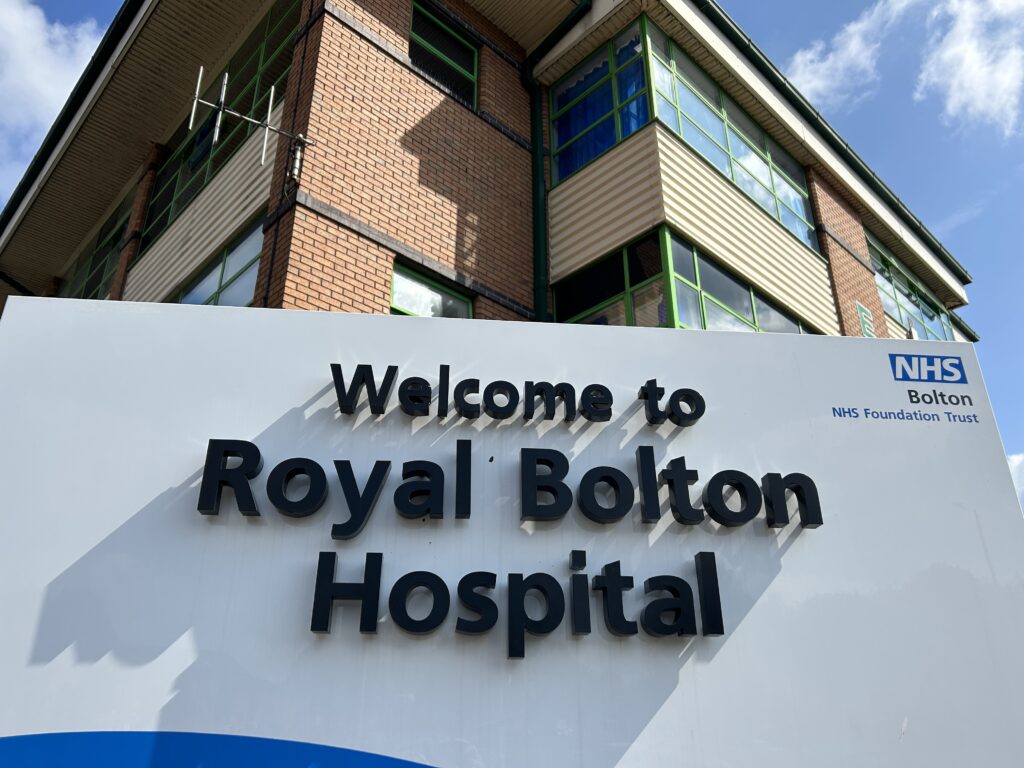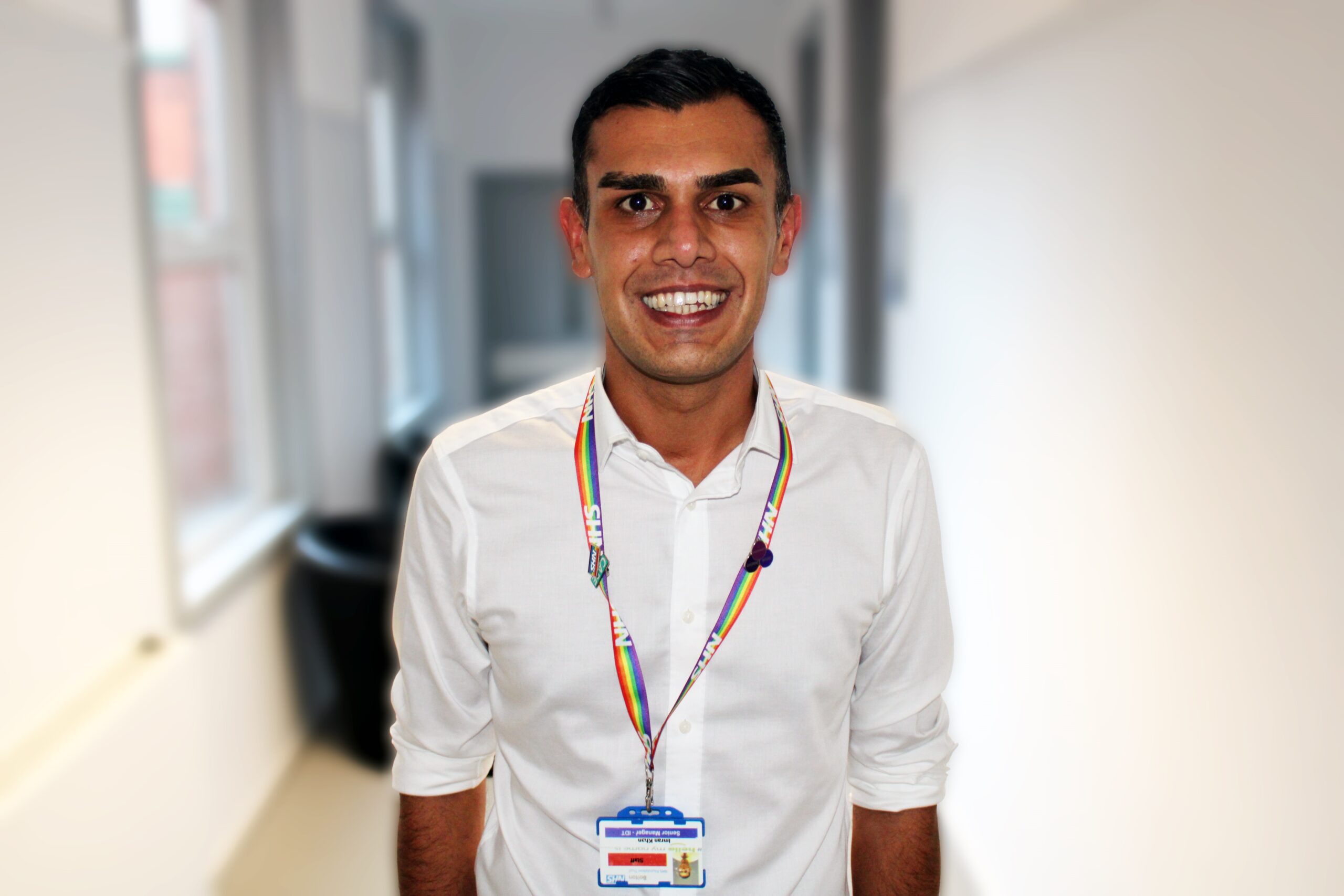Latest news
Royal Bolton Hospital delivers patient flow tech upgrade to enhance safety

A new patient flow system has been deployed at Bolton NHS Foundation Trust to help healthcare professionals enhance patient safety and make the most of bed availability for patients.
Miya Flow, from health tech company Alcidion, went live across Royal Bolton Hospital at the end of May, and has been supporting clinical teams as they move patients forward in their care.
The system uses journey boards to show live bed status and helps clinical and operational teams to understand where patients are in their hospital journey – from admission to discharge.
Improved transparency is removing the need for patient flow teams to manually phone wards to identify capacity, and is supporting staff as they manage efficient admission, care and discharge of patients.
Dawn Devine, head of clinical systems at Bolton NHS Foundation Trust, said:
Staff have embraced Miya Flow which is supporting more timely movement of patients, and helping our teams as they do everything possible to ensure patients are in the most appropriate bed for them, and at the right time.
“This deployment represents a fundamental part of our plans to embed a control centre within the trust. More immediately it provides our teams with a visual way of tracking of patient flow, in a similar way that airports can track all their departures and arrivals. This will only help to enhance both patient experience and patient safety.
“We have worked closely with Alcidion, and other technology providers to the trust, so that information captured in Miya Flow automatically populates key clinical systems. This ensures information only needs to be entered once by staff before it becomes immediately available to support key decisions in whatever IT system our clinicians are using.
Integration between Miya Flow and other clinical systems, including the trust’s electronic patient record and patient administration system, is allowing staff to complete key tasks and record information without having to log in and out of different applications.
Miya Observations, widely known in the NHS as Patientrack, is already used by the trust to identify patients at risk of harm and deterioration and has also been integrated into Miya Flow – further enhancing visibility of vital signs and early warning scores to clinical teams.
Imran Khan, urgent care lead at Bolton NHS Foundation Trust, said:
From a clinical perspective, this is groundbreaking for us, and means we can visually map out a patient’s treatment in a way that tells a story. Having one source of information to support patient flow, means a better, safer experience for patients and staff. I believe this will lead to significant time and cost savings, helping us to deliver of quality of care in a busy environment.
“The project is a strong example of how to engage clinical teams, who have moved from a flow system they have trusted for years. Alcidion has worked hard with clinical staff on the ground to see how they interact with systems, enabling an easy transition for them from one system to another.

The trust is known as an early adopter of patient flow technology in the NHS, having originally implemented ExtraMed in 2007. Miya Flow represents a significant upgrade to ExtraMed, which was acquired by Alcidion in 2021. Miya Flow is part of the Miya Precision real-time FHIR platform, giving the trust a foundation interoperable FHIR data and access to the broader Miya suite of capabilities.
Work around flow technology in Bolton could have wider benefits beyond the trust. Initial meetings have been held with NHS England that could inform the development of ‘safer boards’, used on wards to highlight the risks and needs of individual patients on wards in support of enhanced flow.
Paul Deffley, chief medical officer for Alcidion, said:
Finding ways to enable more efficient patient flow, and to reduce avoidable longer lengths of stay, is more important than ever in the NHS. Just as important is the means to surface clinical information to those that need it without creating additional IT burdens.
“Bolton NHS Foundation Trust is putting vision into practice in both those areas – equipping healthcare teams with connected insights to help move each patient forward in their care. For patients this maximises opportunities for prompt discharge, potentially reducing their exposure to clinical risks and supporting their independence at home.